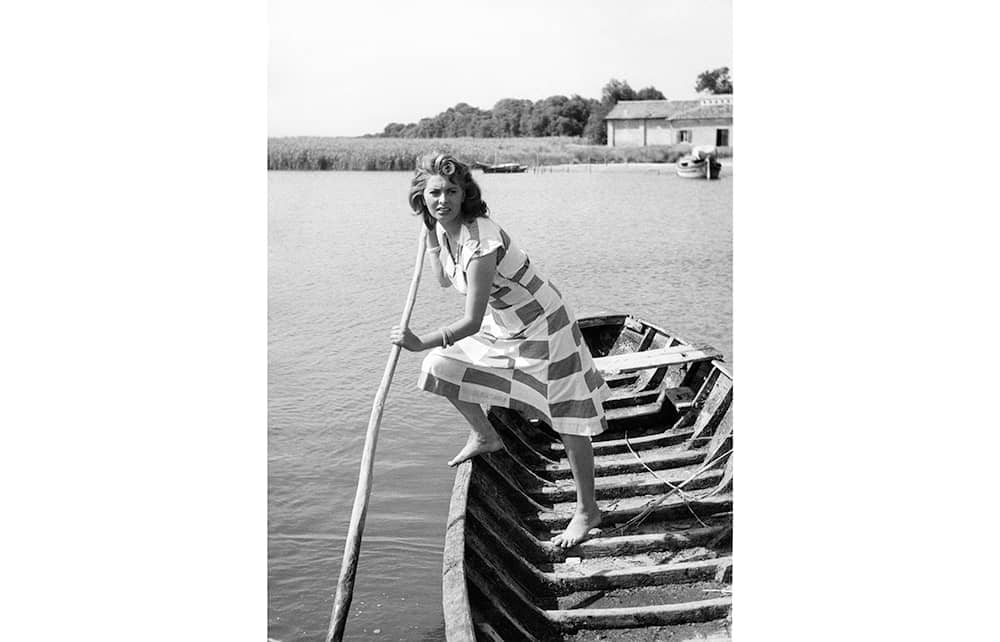It may not be the grandest of the world’s waterways – the Nile and Amazon are ten times its length – but the Po has always exerted a fertile grip on the Italian imagination. Virgil called it ‘the king of rivers’; Dante died in its marsh estuary, having earlier described in Purgatorio how Jacopo del Cassero was chased there and fell fatally, ‘entangled in the mud and reeds of the Paduan swamp’, leaving a pool of blood on its waters.
Yet the rest of the world has been less interested. Perhaps it has something to do with the modern name’s slightly comical sound: shortened from the original, more euphonic Padus – ‘the Paduan plain’ fits every metre – the word ‘Po’ somehow lacks the weight the river deserves. If the Thames had been shortened to the ‘Toe’ it would have had far less poetical traction.
Tobias Jones is the perfect guide to the sweet Po as it runs its course. His earlier book The Dark Heart of Italy was a useful corrective to the usual platitudes about opera-loving Italians enjoying the dolce vita in their gondolas while eating ice cream, and came from his intimate knowledge of the country. But his other books about living in communes – he established one in the West Country and now one in Parma – feed usefully into this as well.
He proclaims himself ‘always drawn to communitarian spaces which defy mainstream privatisation’, from socialist squats to lot-drawing woodlands that give villages permanent access to land and tax-free enclaves; for il Po (Italian rivers are unusually thought of as masculine) has always had space for such outlaw communities. Being a natural border between the old Italian states, it (or he) attracted those smugglers and itinerants who needed to jump easily from one jurisdiction to another.








Comments
Join the debate for just £1 a month
Be part of the conversation with other Spectator readers by getting your first three months for £3.
UNLOCK ACCESS Just £1 a monthAlready a subscriber? Log in